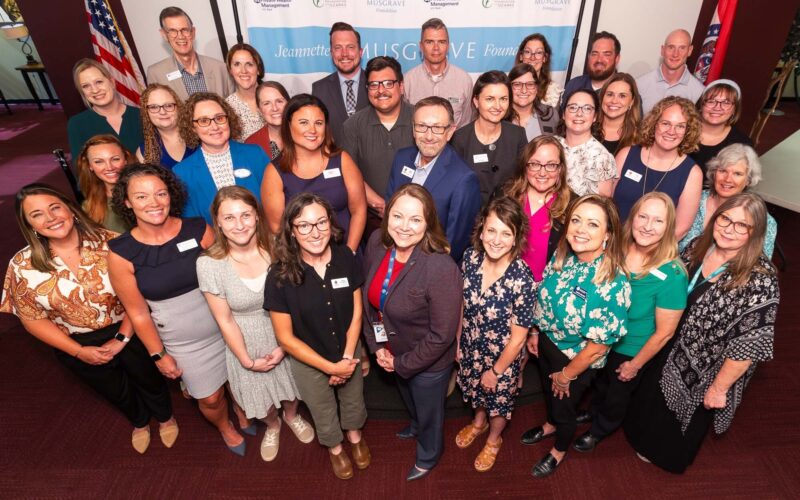In this Agency Partner & Donor Services Educational Event, we discuss the wide variety of possible end-of-year and complex gifts.
Most donors support their favorite charitable causes with a monetary gift by check, credit card or cash, but there are other ways to support nonprofits. Join the CFO and our panelists to learn about these more complex but impactful gifts and information that will ensure your end-of-year giving season is filled with joy!
Types of Gifts and Complex Gifts
Stock or appreciated assets
The CFO accepts most publicly traded and closely held stock. Transfers of stock are made in-kind so that the donor does not realize any capital gains associated with the gift. Once the CFO receives the stock, it is immediately liquidated and placed in the fund of your choice.
The CFO can provide account information to transfer a gift of stock or securities. Please notify the CFO staff before initiating a transfer!
IRA gifts
Under current tax law, if a donor is age 70 ½ and is required to take a minimum distribution annually from his/her Individual Retirement Account, that gift can be made directly to a nonprofit organization. This allows the donor to avoid claiming the distribution as income while benefiting the charity. These gifts are not allowed into donor-advised funds* but are allowed into any nonprofit agency fund held at the CFO, unrestricted fund, designated or field of interest endowment or scholarship fund.
A reminder the check must be made payable to the nonprofit organization. Please notify the CFO office if this is an IRA rollover gift for tax acknowledgement purposes.
* IRA gifts can be made to a donor-advised fund but the donor must first claim the money as income, and then take the tax deduction. In many situations this is not the most tax advantageous for the donor. Please consult your own tax and financial advisors for personal decisions.
Gift of real estate
Real estate can be gifted through the Ozarks Charitable Real Estate Foundation (OCREF), a supporting organization of the CFO. OCREF provides a convenient vehicle for making real estate donations to your local affiliate foundation or favorite nonprofit organization.
A donor must have a title search, legal description and qualified appraisal completed in the last 60 days as a starting point.
CRUT and CRAT
A charitable remainder trust (CRT) is an irrevocable trust that generates a potential income stream for the donor or other beneficiaries, with the remainder of the donated assets going to the donor’s favorite charity or charities.
There are two main types of charitable remainder trusts:
- Charitable remainder annuity trusts (CRATs) distribute a fixed annuity amount each year, and additional contributions are not allowed.
- Charitable remainder unitrusts (CRUTs) distribute a fixed percentage based on the balance of the trust assets, and additional contributions can be made.
Contributions to CRATs and CRUTs are an irrevocable transfer of cash or property and both are required to distribute a portion of income or principal, to either the donor or another beneficiary. At the end of the specified lifetime or term for the income interest, the remaining trust assets are distributed to one or more charitable remainder beneficiaries.
The CRT is a good option if you want an immediate charitable deduction, but also have a need for an income stream to yourself or another person.


